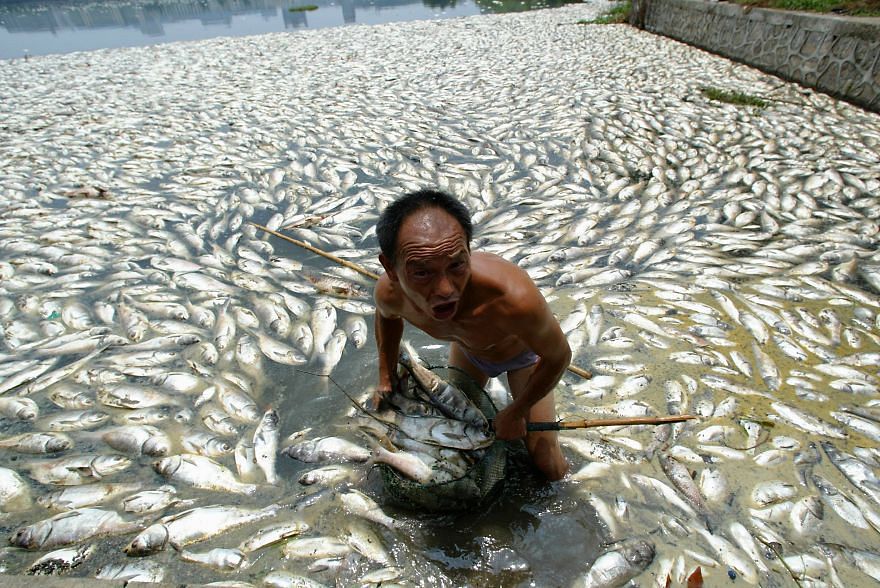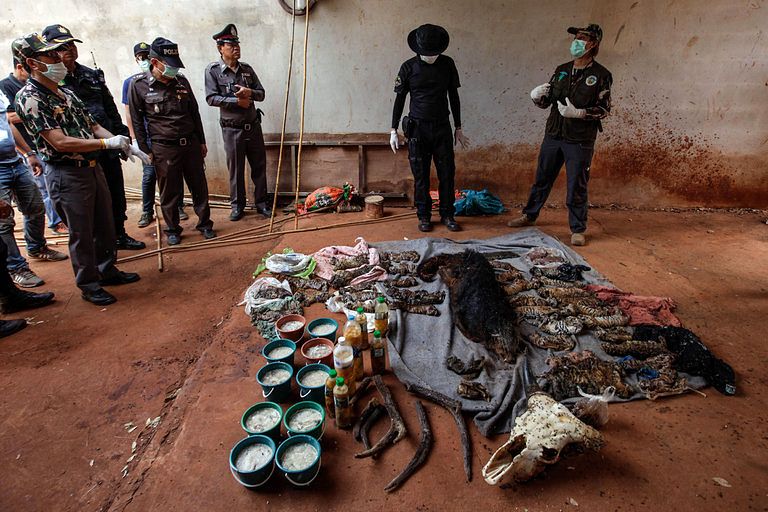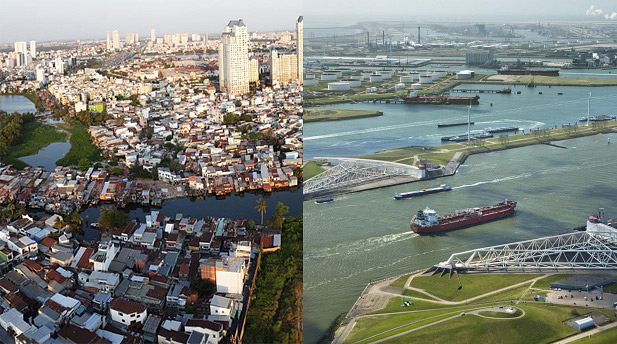Vietnam must develop more climate-resilient cities and implement policies that will limit the impact of extreme weather on urban communities, according to three studies presented at last month’s Vietnam Urban Forum, a two day forum which discusses the scaling up of Vietnam’s urban upgrading efforts.
The studies recommend several policies that would help bolster Vietnam’s preparedness for the impacts of climate change, such as rising global temperatures and extreme weather.
Approximately a third of Vietnam’s population lives in urban areas, a figure that is expected to increase in the future, according to Diane Archer, researcher at the International Institute for Environment and Development (IIED), the international development and environment policy research organization that presented the studies.
Climate change experts consider Vietnam one of the most vulnerable countries to climate change, given its long coastline and location in the monsoon belt. Climate change is expected to lead to an increase in the frequency and intensity of monsoons and extreme weather. One needs to look no further than this year’s storm season to see this worrying trend in action.
In developing policies to adapt to climate change, Archer says a major goal of the IIED is to "help ensure that vulnerable groups will not be neglected.” One of the studies discussed a high incidence of heat stress and revealed that increasing temperatures are resulting in an a higher incidence of heat stroke, a dangerous condition in which body temperature rises above 40.6 °C. Migrant workers in Da Nang, who are largely from Vietnam’s rural areas, routinely suffer from prolonged heat exposure that can lead to heat stroke.
The study calls for increased awareness among workers and employers of the symptoms and treatment of heat stroke, and calls on employers to provide sunglasses, hats, and other protection for its workers. It also urges local officials to include tree planting and construction of public toilets in their urban planning efforts.
The second study urged the government to finance mangrove forest restoration around Thi Nai lagoon in Quy Nhon City. “Mangroves provide socio-economic development opportunities, particularly for fishing communities, such as fishing, eco-aquaculture, ecotourism, fuelwood collection, biodiversity conservation, carbon sequestration and shoreline stabilisation. Mangrove forest restoration also generates larger benefits than that of aquaculture: about VN$21 billion compared to VN$10 billion over 22 years,” according to the IIED.
In the last decade, extensive loss of mangroves has taken place due to the expansion of urbanization, aquaculture development and infrastructure construction.
The third study discussed the lack of climate-resistant housing in low-income communities in Hue and Da Nang. Construction companies infrequently incorporate climate-resistant construction methods due to the high costs involved, according to the study, which urges the government to provide subsidies towards construction and calls on the government to enact policies that regulate development in storm-prone areas.
Pham Thi Hong, policy advocacy coordinator at the NGO Center for Community Health and Development (COHED) and forum participant, says that the studies were well received by the participants. She adds that NGOs like COHED and IIED are working with the government and private companies to develop and implement their recommendations.
[Photo via WIS Photography]














